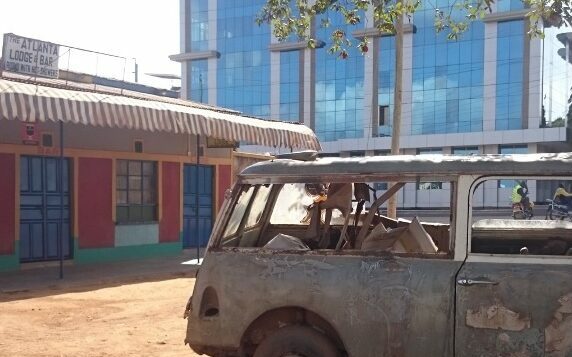
Climate resilient development attempts to transform development towards equitable societal systems and sustainable environments. Climate resilient development came in response to the current development trajectories whereby the wish to modernise and increase economic growth produces systems, policies and practices that trigger inequality and vulnerability. These socially and environmentally unsustainable practices highlight the need to transform the current development paradigm. Accordingly, climate resilient development centralises key features such as social justice and equity, ethical underpinnings of social choices, addressing inequitable relations that drive marginalisation, and navigating uncertainty through inclusive and contestatory politics.
Adaptation´s objective to confront root problems demonstrates a more sustainable development approach, demonstrating great potential for the more equitable and sustainable climate resilient development pathways. Nevertheless, research continuously highlights how adaptation emerges within a socio-political system, following the dominant development discourse framed by ideas about modernity and progress. The retrofitting of adaptation within existing development agendas risks reinforcing, redistributing, or creating rather than reducing vulnerabilities. C-hub aims to open up space for reflection, uncertainty, and a plurality of knowledges to avoid continuous retrofitting of adaptation within current development paradigms and push for socially just climate resilient development.
Check out these related:

Events

Blogs
